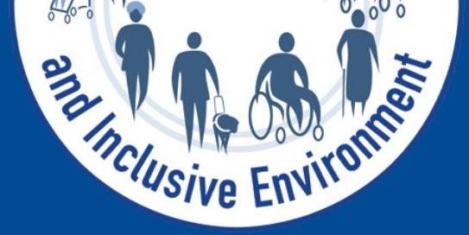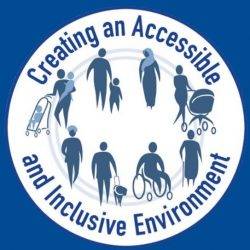August 18, 2017
Board buy-in is key to closing employment gap for disabled people in workplace

There continues to be a significant gap between the employment rate of disabled people and the rest of the population; according to the Office for National Statistics, just 49 percent of disabled people of working age are in employment. This is why getting genuine buy-in from the top is key to improving levels of disability disclosure and helping to facilitate requests for workplace adjustments. That was the conclusion of a recent round table hosted by the Recruitment Industry Disability Initiative (RIDI) which also found that while some HR and diversity specialists are sceptical about the level of support available from senior leadership teams, once the topic is brought to the attention of the board, the response is often overwhelmingly positive. Practical ways in which leaders can bolster disability initiatives shared at the event include; identifying disability champions within the business who can communicate their own stories, implementing unconscious bias training, instigating & reverse-mentoring initiatives where senior managers are partnered with disabled colleagues and leading by example by being open about their own disabilities.

































June 12, 2017
What will the UK General Election mean for the workplace? Some experts respond 0
by Mark Eltringham • Architecture, Comment, Flexible working, Property, Workplace, Workplace design
(more…)